Is Dialysis Painful | Hospital in Haryana
Kidneys are one of the most essential organs in the human body, and they play a key role in removing waste from the body and balancing salt, water, and other nutrients in the body. However, if your kidneys are not functioning correctly, Kidney Dialysis is the most common treatment for removing extra fluid and toxins from your blood. However, the patients have many fears and myths regarding the treatment. In today’s article, we will discuss the dialysis process and everything beyond it.
When is Kidney Dialysis required?
Dialysis helps to flush out toxins and excess water from the body when the kidneys are not functioning properly. The two situations where dialysis is required are as follows.
Acute Kidney Injury (AKI)
This is a condition where the kidney stops functioning for a short period of time, typically due to stress. AKI is usually treated by giving intravenous fluids through the veins. However, in extreme cases, you should take dialysis for kidney until it starts functioning normally.
Some causes of acute kidney injury are:
-
Insufficient blood supply to the kidney
-
Obstruct in urine flow
-
Reactions due to allergens, toxic substances, etc.
Kidney Failure
When the kidney function drops to 15 percent or less, patients need dialysis for survival. This is the final stage of chronic kidney disease and is also known as End-Stage Kidney Disease (ESKD). Patients with EKSD require lifelong dialysis treatment or kidney transplants.
Some causes of chronic kidney disease are:
-
Autoimmune attack on the kidneys for the long term.
-
Type I and Type II diabetes.
-
High blood pressure
-
Prolonged obstruction in the urinary tract.
Types of Kidney Dialysis
There are two methods by which Kidney Dialysis is performed.
Peritoneal Dialysis
Peritoneal Dialysis is a process where the tiny blood vessels in the abdominal lining filter the blood with the help of a Dialysis solution that contains water, salt, and other additives. The process is usually performed using a machine called Cycler or through a manual process called Continuous Ambulatory Peritoneal Dialysis (CAPD). The treatment is usually not painful. However, the solution used for the dialysis can make you feel bloated.
Hemodialysis
In hemodialysis, a machine is used to purify the blood, cleaning it with the help of a dialyser (an artificial kidney) and returning the clean and purified blood to your body. This process usually takes 3 to 4 hours, and doctors in SS Kidney and Urology Hospital, Haryana, perform this three to four times a week. This process is a little painful compared to peritoneal dialysis because it involves a surgical process called AV fistula and AV graft, which makes the dialysis process easier.
Side Effects of Dialysis
Dialysis is usually a painless procedure that is used to treat kidney dysfunction, but there are a few side effects that patients might experience after dialysis:
-
Low Blood Pressure: Low blood pressure or hypotension is one of the significant side effects of hemodialysis, which is caused by a decrease in fluid levels during dialysis. Low blood pressure results in frequent headaches and nausea.
-
Sepsis: Sepsis, or blood poisoning, is one of the adverse side effects of kidney dialysis. There is a chance that bacteria might enter the body due to external treatments used in the procedure and spread through the blood, which causes the failure of multiple organs. You must consult a doctor if you are experiencing fever and dizziness.
-
Muscle Cramps: Patients experience muscle cramps in the lower legs after dialysis, mainly caused by the loss of fluid during the process.
-
Weight Gain: Another side effect caused by the sugar molecules in the dialysate solution, which are absorbed by the body and result in weight gain.
Is Kidney Dialysis a Painful Process?
There is a misconception among patients suffering from kidney malfunction that dialysis is a painful process. In reality, dialysis is a painless procedure. You might feel some discomfort initially during hemodialysis due to the surgical needles, but patients get used to it over time.
However, there are a few side effects that follow dialysis, such as weight gain, muscle cramps, and mild fever. These side effects can be managed with the precautions or over-the-counter medications suggested by your doctor.
Tips to Minimize Discomfort
-
Hydrate yourself properly to prevent dehydration, as dialysis removes fluids from your body.
-
Clean the skin around the fistula or graft with soap and water regularly.
-
Add iron and folic acid supplements to your diet to help your body make enough red blood cells.
-
Follow the balanced diet as suggested by your healthcare professional.
-
Avoid heavy physical exercises or activities for two weeks after dialysis.
If you are experiencing discomfort or issues with the functioning of your kidney, you must visit the hospital in Rewari.
SS Kidney and Urology Hospital is the best hospital in Haryana. If you want a customized solution or need to consult with a doctor for dialysis in Haryana, you can call or visit them.

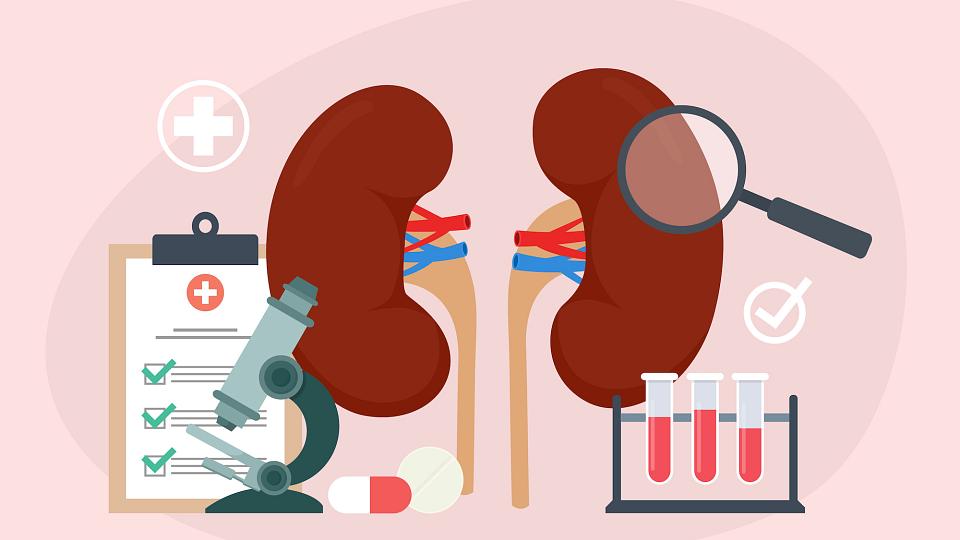


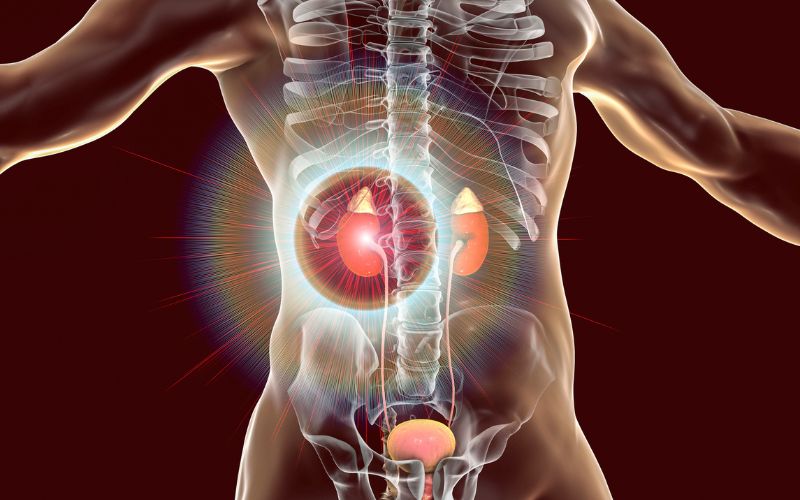
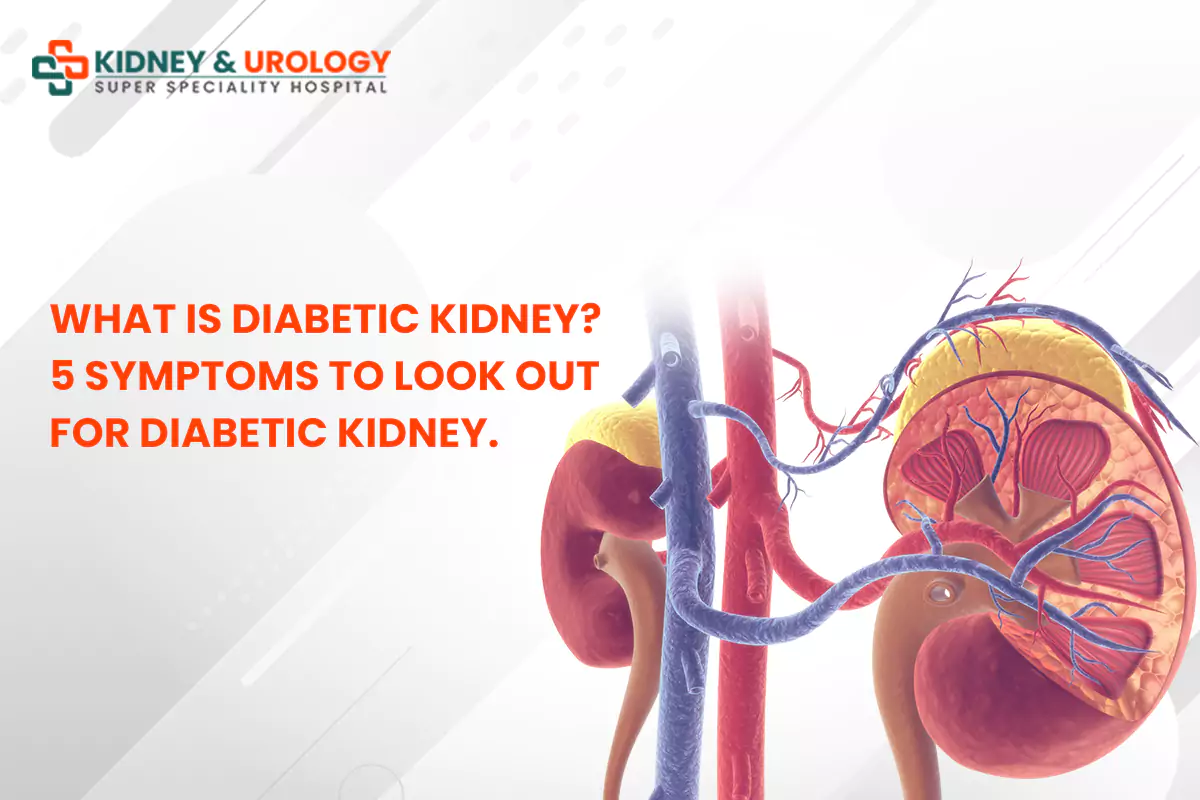
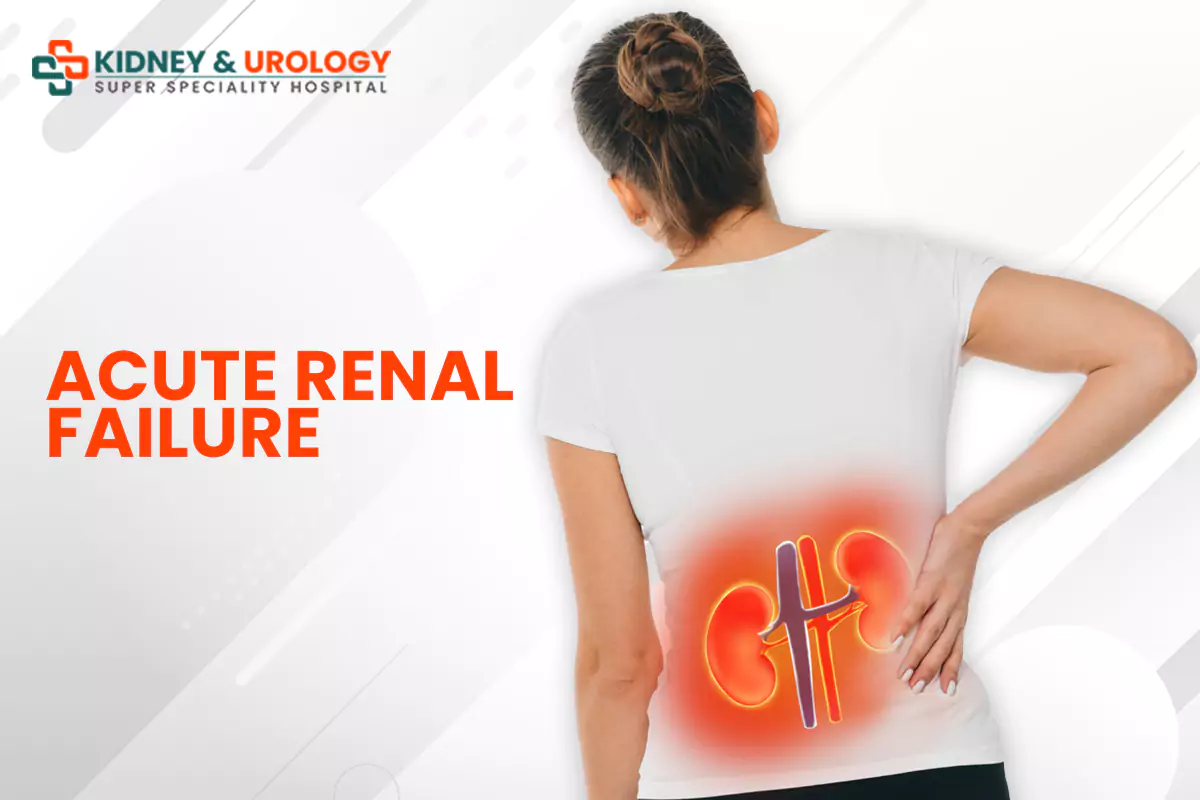
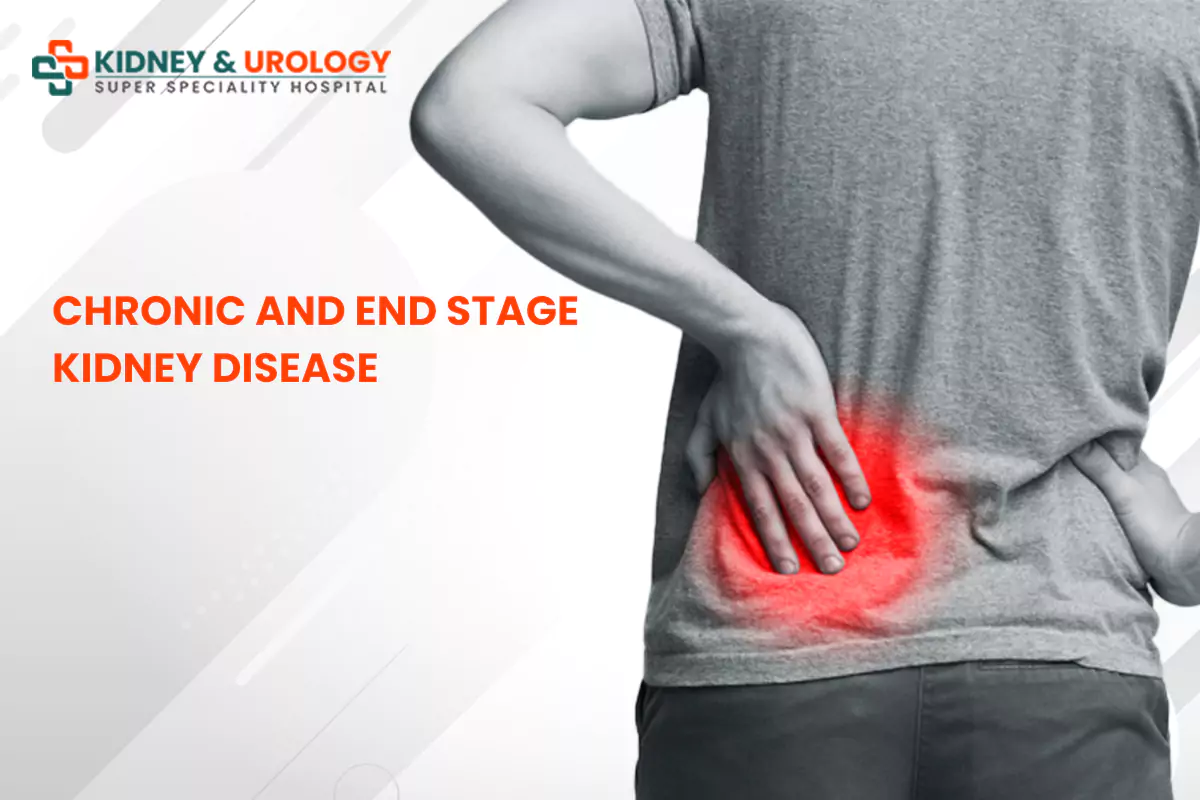

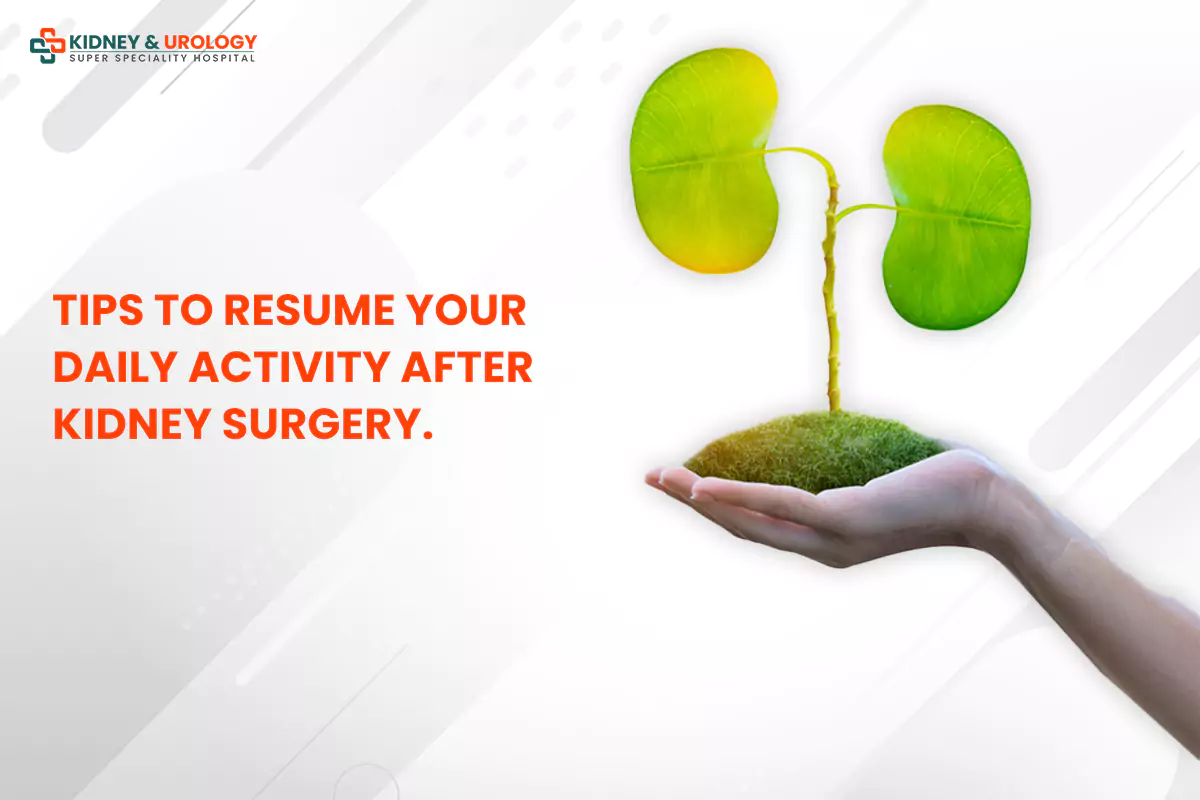




Request A Callback